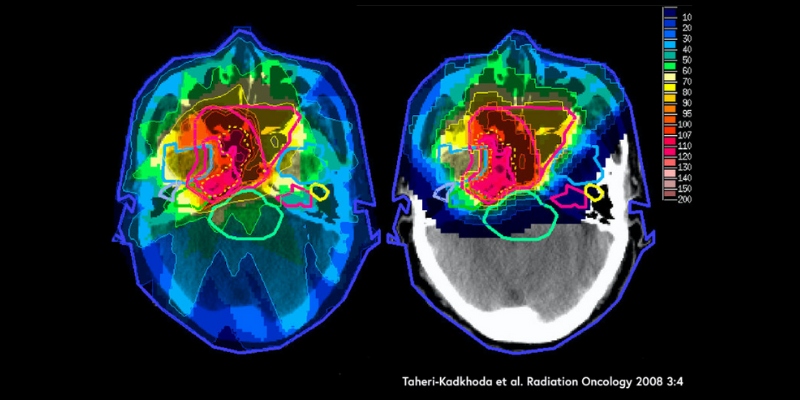
From the lab to patients: What today’s nuclear physics contributes to tomorrow’s nuclear medicine
This event has now finished.
Event details
Nuclear Physics Masterclass
This webinar is part of a series of four webinars for the Binding Blocks Nuclear Physics Masterclass.
In nuclear medicine, radionuclides are used for two main applications: functional imaging (where different processes in the body can be mapped, such as brain activity or the spread of cancer cells) and targeted therapy (where cancer cells can be targeted and destroyed selectively). The therapy aspect has seen a recent growth thanks to new radiopharmaceuticals that have become available for patients in regular clinical settings. However, this approach remains very niche, with very few patients being treated for very few cancers.
In this webinar, the basics of nuclear medicine will be reviewed before discussing the ongoing efforts to broaden the scope of nuclear medicine and increase its accessibility. The role of nuclear physics research in this effort will be given particular emphasis to highlight what can be contributed in this multidisciplinary effort.
About the speaker
Professor Thomas Elias Cocolios is an Associate Professor at the KU Leuven Department of Physics & Astronomy, Institute for Nuclear and Radiation Physics. His research covers both fundamental and applied topics, all centered around the use of radioactive ion beams. He is involved in laser spectroscopy of exotic radionuclides at the ISOLDE facility at CERN within the PI-LIST and CRIS Collaborations, in muonic x-ray spectroscopy of radionuclides at the Paul Scherrer Institute (Switzerland), and the production of innovative medical radionuclides at the MEDICIS facility at CERN. In 2021, he was awarded the SCK CEN Chair Roger Van Geen for his work on and with radioactive ion beam, and an ERC Consolidator Grant (NSHAPE) in 2023 for his work on laser and muonic x-ray spectroscopy. Outside of his lab, Thomas is also known for his knitting, which he casually brings to meetings and conferences.
